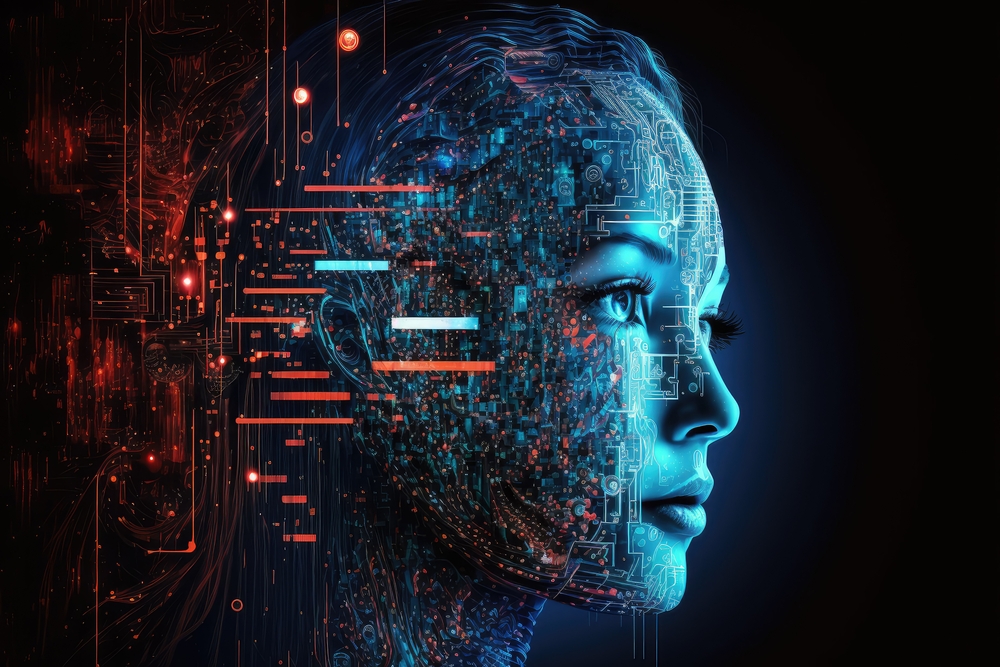Anti aging skincare products are designed to minimize the effects of aging on the skin. They typically contain ingredients like retinol, vitamin C, and hyaluronic acid.
These ingredients help to reduce fine lines, wrinkles, and improve the skin’s overall texture and appearance. Additionally, they also help to boost collagen production and protect against environmental damage. Skincare routines can be a daunting task for many, especially when it comes to selecting the right anti aging products.
With the wide array of options available, it’s essential to understand the key ingredients and their benefits. This guide will provide an overview of anti aging skincare products, including their benefits, key ingredients, and tips for incorporating them into your daily routine. By the end of this article, you will have a better understanding of how to choose the best anti aging products for your skincare needs.
The Rise Of Artificial Intelligence
The rise of Artificial Intelligence (AI) has brought about significant changes in daily life and across various industries. In daily life, AI has made advancements in automation of tasks, from personal assistants like Siri and Cortana to the use of smart home devices. These technologies have had a substantial impact, simplifying daily activities and enhancing convenience.
AI has also seen rapid adoption across various industries. In healthcare, it has been used for medical imaging analysis and drug discovery. Moreover, in finance, AI has been applied for fraud detection and algorithmic trading. Retail has seen the implementation of AI for personalized marketing and inventory management. The influence of AI in these industries continues to grow, revolutionizing processes and leading to innovations.
Ai Dangers Unveiled
In today’s digital age, AI technology continues to advance rapidly, raising ethical concerns and sparking privacy and security risks discussions. The capabilities of AI have heightened worries about potential misuse and lack of control, particularly as it pertains to data privacy and security. These ethical dilemmas are exacerbated by the potential for AI to infringe on personal privacy and data protection laws. As AI’s capabilities increase, so does the potential for ethical gray areas, necessitating a careful examination of the consequences and responsibilities that accompany these advancements.
Addressing Anti Ai Movement
The anti-AI movement raises valid concerns about the ethical and societal impact of artificial intelligence. Advocates emphasize the need for responsible AI development and implementation, ensuring that AI technologies benefit society at large. Regulatory measures and guidelines play a crucial role in shaping ethical AI practices, promoting transparency, accountability, and fairness. By fostering collaboration between industry, government, and civil society, we can establish robust frameworks that address the risks associated with AI while harnessing its potential for positive change.

Credit: www.econlib.org
Frequently Asked Questions On Anti Ai
What Is Anti Ai Technology?
Anti AI technology refers to systems and techniques designed to counter the potential misuse of artificial intelligence. This includes protecting against AI-powered cyber attacks and ensuring ethical AI development and usage.
Why Is Anti Ai Important In Cybersecurity?
Anti AI is crucial in cybersecurity for countering the potential of AI-driven cyber threats. By developing defenses and strategies to mitigate the risks associated with AI technology, organizations can enhance their cybersecurity posture and protect against evolving cyber threats.
How Does Anti Ai Contribute To Ethical Ai Development?
Anti AI initiatives aim to ensure responsible and ethical use of artificial intelligence by preventing its misuse for malicious purposes. By promoting accountability and transparency in AI development and deployment, Anti AI contributes to fostering ethical practices within the AI industry.
Conclusion
The potential risks of AI technology cannot be overlooked. As we continue to develop and integrate AI into our lives, it is crucial to prioritize ethical considerations and regulations. By being mindful of the potential consequences, we can work towards harnessing the benefits of AI while mitigating its potential risks.





